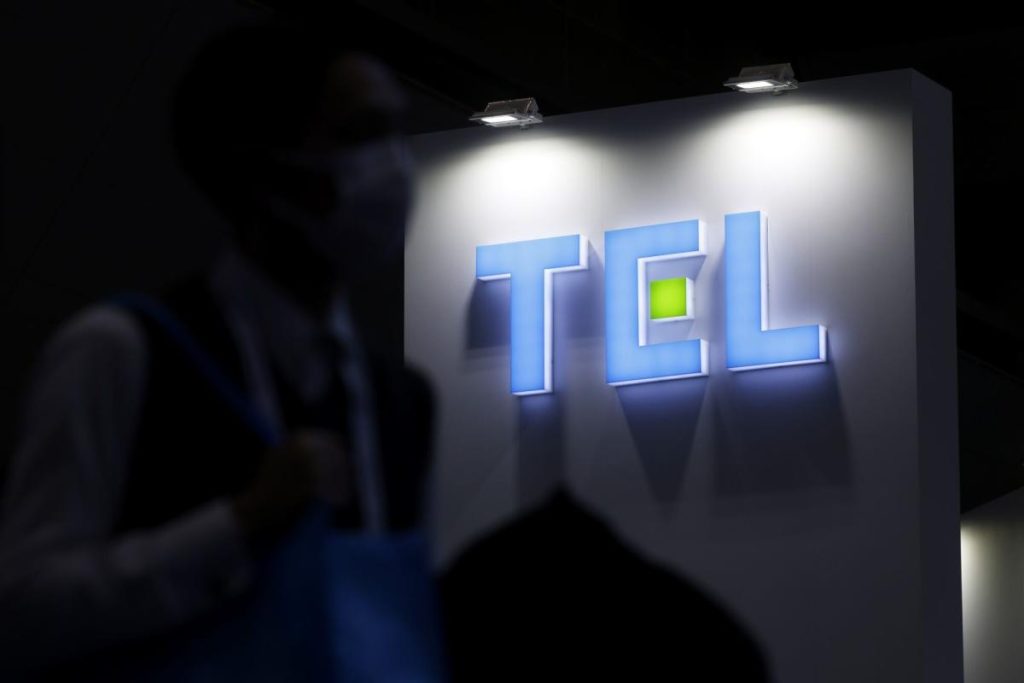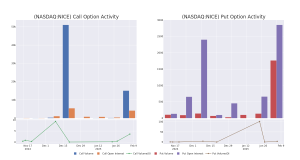
(Bloomberg) — Tokyo Electron Ltd. reaffirmed its annual outlook and outlined plans to build a ¥104 billion ($681 million) plant, suggesting it expects sustained AI spending.
Most Read from Bloomberg
The company, one of a handful of key chip gear makers globally, revealed that expansion after posting better-than-expected earnings. The Japanese supplier to Taiwan Semiconductor Manufacturing Co. and Samsung Electronics Co. brought in operating profit of ¥199.6 billion in the December quarter from sales of machines used to prepare, etch and clean silicon wafers that are ultimately cut into memory or logic chips. That was up 51% from the previous year and compares with the average of analyst estimates of ¥174 billion.
Closely watched as an indicator of future spending on chips used for artificial intelligence development, Tokyo Electron did not hike its outlook, as compatriot Advantest Corp. did a week earlier. Indications from supply chain players have been mixed, as Dutch lithography supplier ASML Holding NV reported a surprisingly high number of orders while Arm Holdings Plc and Advanced Micro Devices Inc. gave cautious forecasts that added to doubts about the sustainability of the free-spending trend in the market.
Tokyo Electron’s move to expand capacity with a plant in Miyagi prefecture, northeast Japan, reflects demand from customers such as Samsung, TSMC and SK Hynix Inc., which have indicated they’ll continue elevated spending on tools used to process wafers into semiconductors. Much of the investment in 2025 will come from cutting-edge logic makers and high-bandwidth memory makers hurrying to meet AI server demand, Tokyo Electron Chief Executive Officer Toshiki Kawai said on an earnings call.
That’s while the company expects a lull in chip gear purchases by Chinese customers, especially among new entrants to chipmaking, he said. China is expected to comprise a percentage in the mid-thirties of Tokyo Electron’s sales in the business year starting April, down from more than 40% in the current fiscal year, he said. “We can’t deny that we’ve been affected” by US restrictions on exports of chip-related technologies and other geopolitical factors, Kawai said.
Chinese startup DeepSeek’s low-cost and open-source AI model is raising concern that the tech sector will face far more price competition and less revenue for the likes of Nvidia Corp. than previously predicted. Still, AI industry leaders have argued that cheaper AI models would mean more new entrants that would further support demand for AI infrastructure over the long term.

